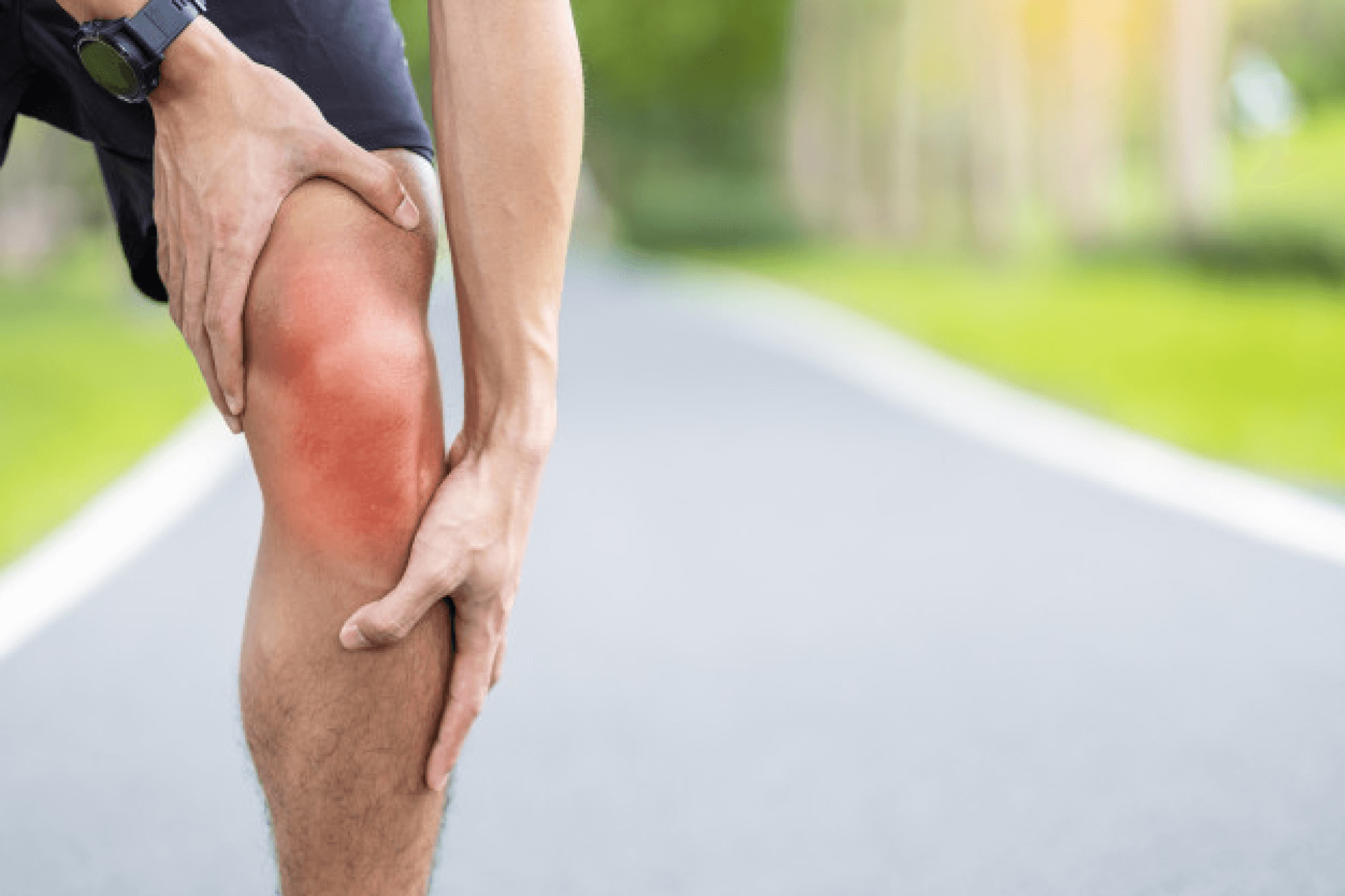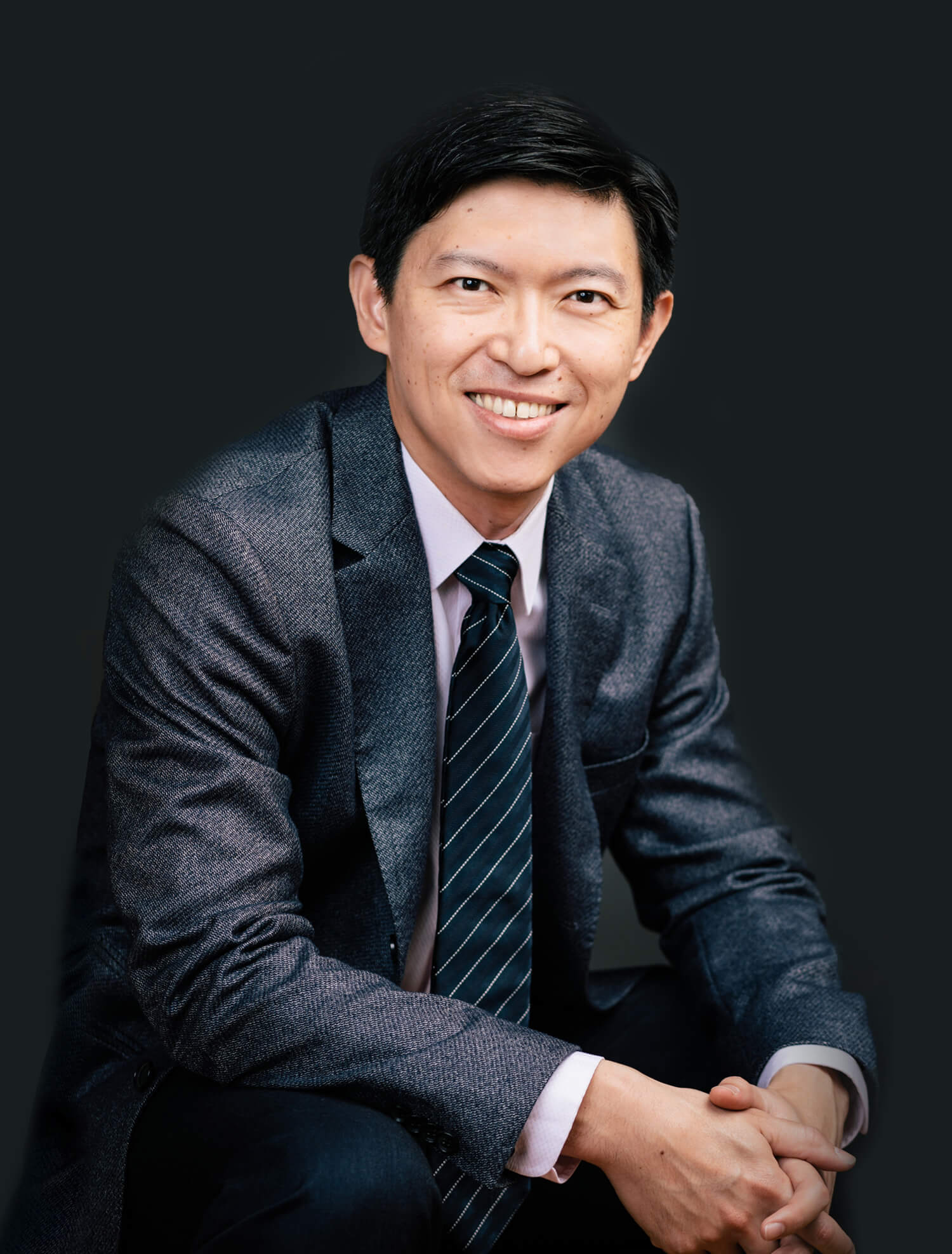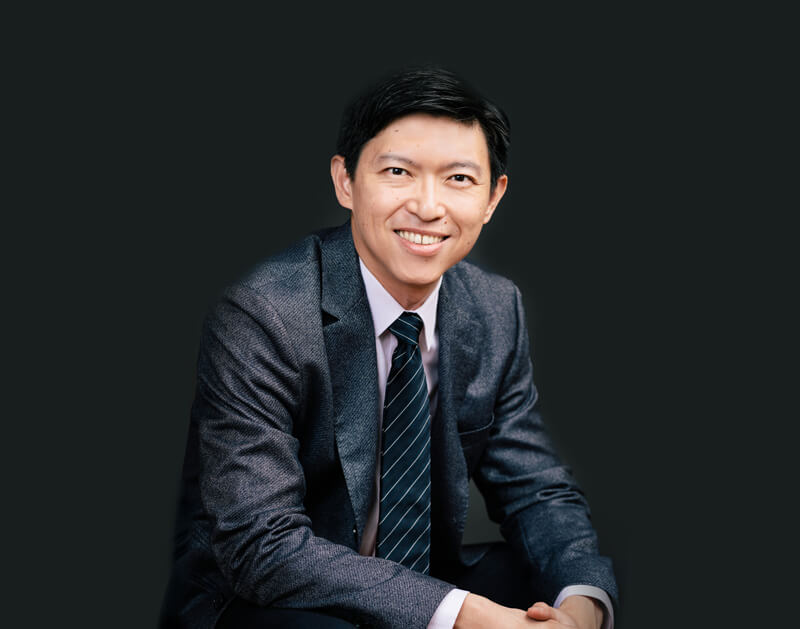A Complete Guide To ACL Tears In Singapore By An Orthopaedic Surgeon (2021)
What does the ACL do?
The ACL, which stands for Anterior Cruciate Ligament, is one of the most important ligaments in your knee. It is located in the middle of the knee, attaching the shinbone to the thigh bone. The primary function of the ACL is to provide stability to the knee by preventing the shin bone from sliding forward and twisting excessively.
What is an ACL tear?
An ACL tear is a rupture of the ligament tissues connecting the shinbone and the thigh bone.
There are three main types of ACL tear of the ligament fibres:
- Stretched but not torn (First-degree)
- Partially torn (Second-degree)
- Completely torn (Third-degree)
How does an ACL tear occur?
An ACL tear is one of the most common knee injuries and typically occurs when there is a sudden forceful change in movement and direction of the knee joint or when a considerable load falls onto the knee. Both of these situations will lead to excessive pressure placed on your knee joint, resulting in a potential ACL tear. Examples include a sudden change in direction while running, falling or any vigorous activities that require a sudden pivot, such as rugby or basketball.
How can I tell if I have an ACL tear?
An ACL tear can be determined from the following common symptoms:
- A loud popping or snapping sound
- Sharp pain in the knee when moving
- Rapid swelling in the knee
- Difficulty fully bending and straightening the leg
- The feeling of instability that the knee may give way
The above symptoms are indications that you may have an ACL tear. Alternatively, a key tell-tale sign is when the pain experienced is so severe that it impedes your daily activities and movements to a large extent.
Diagnosis
How will the doctor diagnose my injury?
If you are experiencing any of the tell-tale signs, you should probably visit a doctor. Your doctor may first discuss your symptoms and then conduct a physical examination of your knee by placing it into various positions to test its range of motion. They may also compare your injured knee with your non-injured knee, a common and straightforward way to determine if there are any complications.
Your doctor may also use further imaging tests such as X-ray, MRI scan or Ultrasound to determine the severity of your injury and identify any other damages in your knee. In some cases, if your cause of knee pain is still unknown, your doctor may also use knee arthroscopy, a minimally invasive procedure, to study your knee.
These diagnostic tests will help your doctor conclude if your knee injury is an ACL tear and eliminate other potential injuries such as a bone fracture or a meniscus tear.
Do I need to treat an ACL tear?
Most doctors and specialists will likely recommend treatment for your torn ACL through surgery or rehabilitation. Your pain and swelling may become less severe over time, but a torn ACL can still cause instability in your knee in the long run. A severe ACL tear does not usually heal on its own as the blood flow to the ligament deteriorates when torn.
Treatment
What are the treatment options available?
There are generally a few options available to treat an ACL tear, depending on your age, level of physical activity, and the severity of the tear. The initial stage will generally include an appropriate amount of rest and physiotherapy to reduce pain and swelling. Suppose you are relatively physically inactive, and your tear is a less severe first-degree tear (ligament fibres are stretched but not torn). In that case, proper rest and physiotherapy are usually sufficient to regain the primary function of the knee.
However, in many cases, surgery is usually recommended. Your physiotherapist may suggest simple rehabilitative stretching and strengthening exercises before the surgery to allow the knee to regain its range of motion and strength slowly. This will speed up the recovery process after the surgery.
Should I undergo an ACL reconstruction surgery?
An ACL reconstruction surgery is a medical procedure whereby a doctor completely replaces your torn ACL with a replacement tissue, also known as a graft.
In many cases, an ACL reconstruction surgery is recommended if:
- You are physically active and frequently engage in moderate to vigorous exercises.
- The partial or complete ACL tear is disrupting your daily activities to a large extent (Second or third-degree tear)
Pros and Cons of ACL reconstruction surgery
Pros:
- Stability in your knee
- Regain full function of the knee and allow you to continue with your daily activities without difficulties
- Reduce risks of other knee problems such as arthritis
Cons:
- Lengthy recovery period and rehabilitation
- Risks and costs of ACL reconstruction surgery
ACL reconstruction surgery costs in Singapore
The costs of an ACL reconstruction surgery largely depends on the type of hospital.
In public governmental hospitals, there are subsidies available that offer up to around $3,950 for the surgery. This leaves with an average of $1000 for the total operation fee after subsidy. In private hospitals, ACL reconstruction costs between $17,000 – $21,000.
The above-estimated costs only include the total cost of the surgery. Further factors that may affect the total estimated costs are the class of the hospital ward, duration of stay and other miscellaneous expenses such as implants used. Should you wish to find out more, please check with the healthcare providers or hospitals directly.
As seen above, the cost of an ACL reconstruction operation in public hospitals is much cheaper than in private hospitals. However, for public hospitals, you may be required to wait several months before your surgery compared to private hospitals. As such, the choice of a public or private hospital will largely depend on costs and waiting time.
How to find the best orthopaedic surgeon?
Any orthopaedic surgeon who possesses the necessary training and prerequisites can perform an ACL reconstruction surgery.
Ideally, your surgeon should also be physically active as they can then understand your situation and concerns better. However, any skilled and experienced orthopaedic surgeon who has high success stories is sufficient. Alternatively, you can ask your friends or family members for any recommendations through word-of-mouth.
What happens before the surgery?
At this stage, you may have already found an appropriate orthopaedic surgeon for your ACL reconstruction surgery. Before the surgery, your surgeon will likely discuss the graft (a replacement tissue) that they will use to replace your ACL. This graft is commonly taken from the hamstring tendons at the back of your leg. If there are no suitable replacement tissues, in certain situations, a tissue from a donor, usually a deceased, can also be used.
What to expect during the surgery?
After discussing which graft to be used, your knee surgeon will start to perform ACL reconstruction using knee arthroscopy, a minimally invasive procedure. During the surgery, your surgeon will first administer anaesthesia before making two small incisions at the front of your knee. A thin and flexible fibre-optic tool, also known as an arthroscope, will be inserted through this incision. Using the light and camera attached to the arthroscope, your surgeon can then inspect the ACL tear.
A third longer incision is subsequently made inside your knee to ‘harvest’ the graft (hamstrings tendon). After which, the torn ACL is then removed and replaced by the graft.
What types of follow-up are done after the surgery?
After the surgery, a cold compress may likely be applied to reduce postoperative swelling. Some painkillers may also be prescribed to you to temporarily relieve any pain.
Additionally, a physician will likely recommend you to wear a knee brace and to use crutches to aid in daily movements. They will also examine your knee for some time, at set intervals of a few weeks or months, to measure:
- Any presence of persistent pain and swelling in your knee
- Range of motion of your knee
- Strength of your leg
What possible complications should I be aware of?
As with any invasive surgical operations, there are always risks of infection or bleeding. However, these cases are rare and not typically observed.
The more common complications are continued loss of motion and pain in the knee. Nevertheless, the effects of these complications can be reduced through post-operative recovery and rehabilitation.
ACL Surgery Recovery and Rehabilitation Process
Post-operative care for an ACL reconstruction surgery
While most patients are able to go home the day after their surgery, the recovery period from an ACL reconstruction surgery varies for each person. You should continue wearing a knee brace and using crutches to aid in your daily activities. Your physician will likely ask you to rest for the first few days after your surgery. During this period, you can use an ice pack or consume painkillers to alleviate pain or swelling. Additionally, it is recommended that you have someone at home to take care of you as well.
Rehabilitation timeline following an ACL reconstruction surgery
Most of your recovery time will come from the rehabilitation phase. For the first few weeks, your physical therapist will propose an exercise regimen, including simple stretching and strengthening activities, to help your knee regain its range of motion. The use of a knee brace and crutches are still applicable during this stage.
From about the third week to a few months, you should be able to walk normally and regain a full range of movement and strength in your knee without using a knee brace and crutches. However, even though you may feel that you have regained full function of the knee at this phase, take note that the reconstructed ACL is still at the recovering stage and may still be vulnerable. Hence, ensure that you do not overdo your exercises and continue to be careful not to move your knee forcefully and abruptly.
After around 6 to 12 months, upon examinations made by your physical therapist, light jogging and cycling should be able to resume. If you are an athlete, you can continue your sporting activities gradually. This is the stage when you will restore the advanced functions of your knee. Likewise, you should still be cautious not to place excessive pressure on your knee joint by avoiding sudden movements.
Conclusion
While an ACL tear can greatly affect everyday life, with proper and timely diagnosis, coupled with a compliant approach to rehabilitation, your knee will be able to regain full mobility and function. However, as the saying goes, “Prevention is always better than cure”. It is paramount that you take the necessary precautions to ensure that you do not place excessive strain on your knee joints. For example, when there is a need to pivot or stop when running, do not do so forcefully or suddenly. With that in mind, a reconstructed ACL will eventually function normally, and you will be able to continue your daily activities without difficulties.



